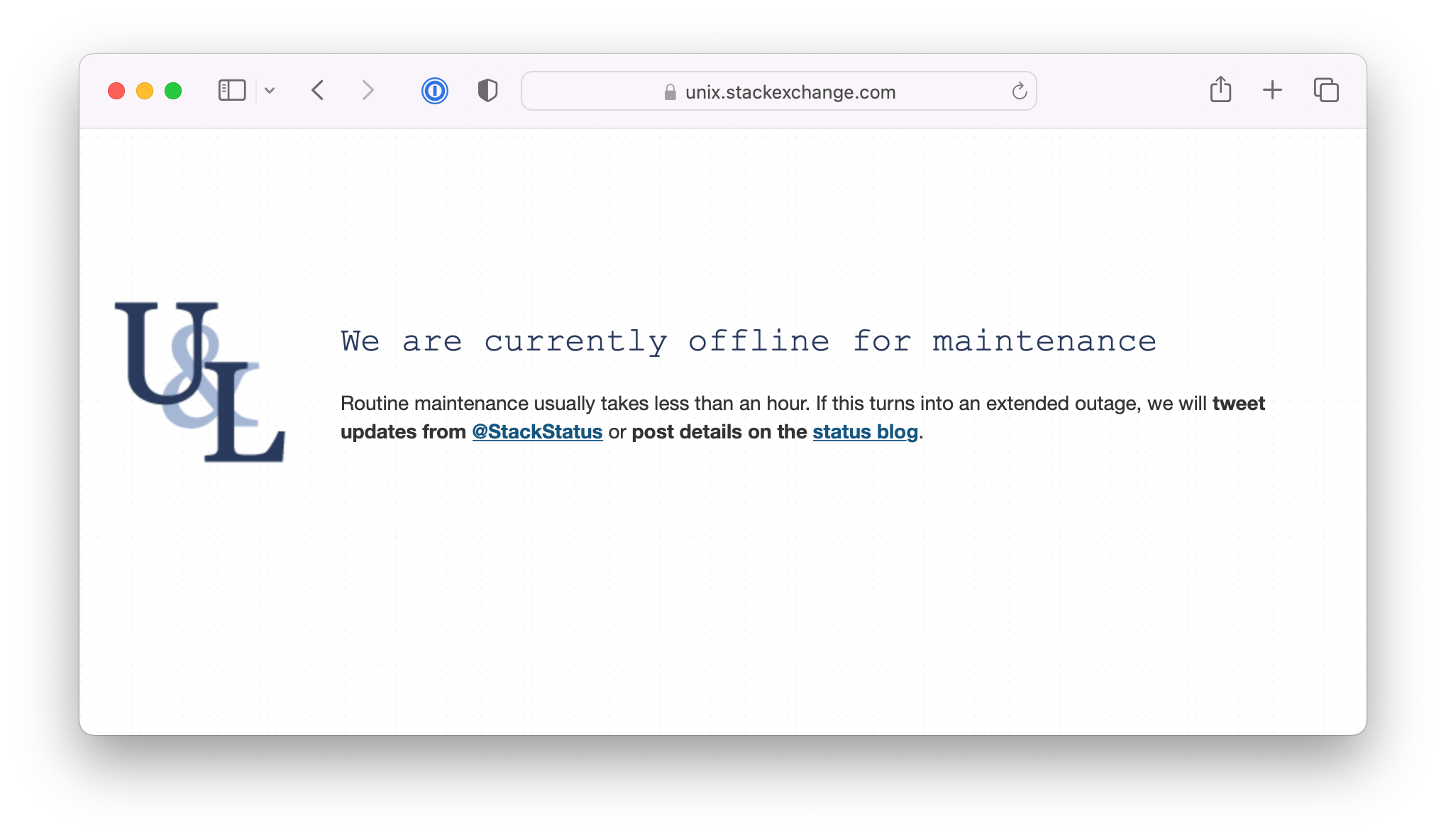The hero in every Zelda game is Link. Link doesn’t speak, because he is a vessel for me, the player. What happens to Link, happens to me. Conversely, whatever I feel, Link feels. I think is this why my five-year-old genuinely enjoys watching me replay Zelda games. In this weird way, he gets to watch me be the hero. After working our way through a few of the other entries, we just finished replaying Skyward Sword.
This was my second play-through of Skyward Sword, and for the second time I feel this entry in the series is lacking. You might think that sentiment stems from an unfair comparison to the more recent and truly revelatory Breath of the Wild, but I felt this way when I first played Skyward Sword a decade ago. My son and I also replayed Wind Waker, Twilight Princess and are working through Majora’s Mask, and those entries remain enjoyable for what they are — very linear 3D Zelda games. Skyward Sword is also a very linear 3D Zelda game, but something about it falls flat. It lacks emotion.
I think that lack of emotion stems from a lack of purpose. Every other Zelda game mentioned started by giving Link and I an immediate and urgent sense of purpose. Majora’s Mask had an ever-present angry moon crashing toward a city. Wind Waker started in a flooded world and the emotional kidnapping of my sister. Twilight Princess trapped me in the form of an animal at the mercy of a sadistic imp. Breath of the Wild awakened me to the worse possible timeline, kicked my ass with the weakest of monsters, then pointed me at a truly terrifying Ganon-infested Hyrule Castle and told me “Zelda’s barely holding on in there.”
My and Link’s immediate purpose at the beginning of Skyward Sword was to win a race and deal with a small town bully. Even when Zelda was imperiled after the game’s longwinded flying tutorial, it was immediately undermined by disclosing that she’s actually fine and that my first job was to merely catch up to her. Now I don’t think Zelda being imperiled is the best motivation for Link anyhow. She’s not what initially drives Link in any of the preceding games, and even in Breath of the Wild your first priority is survival. Regardless of my feelings, Skyward Sword establishes that Link, and therefore me, should find purpose in solely rendezvousing with a childhood friend, one who already has an extremely competent bodyguard and generally seems to be doing just fine without me.
This lack of purpose compounds my second gripe with Skyward Sword, that it’s incredibly padded for gametime. Areas have to be revisited, bosses have to be refought, and many parts of the main storyline are incredibly tedious. I found myself repeatedly wondering “why am I back here and fighting this asshole again?” This repetitiveness adds to this sense that the whole game was written by an AI rather than humans, as if Nintendo fed all of those previous Zeldas into a machine learning model and Skyward Sword came out.
Skyward Sword is the only entry I’ve had to force myself to complete, and I don’t think that’s because of poor game mechanics. Like other Zeldas, Skyward Sword has good dungeons, fun items, and exceptional motion controlled gameplay1. It’s because Skyward Sword lacks a purpose, and what’s a hero to do without purpose?
